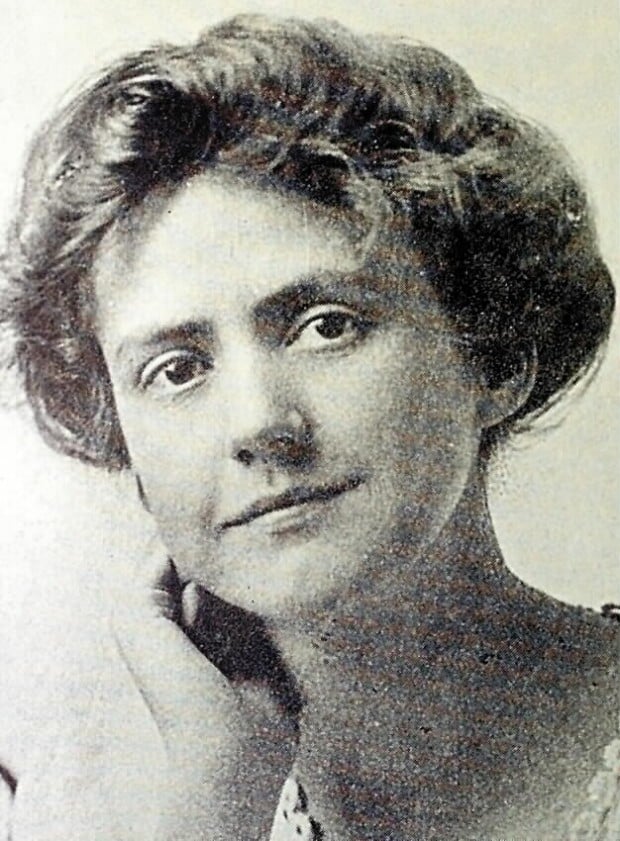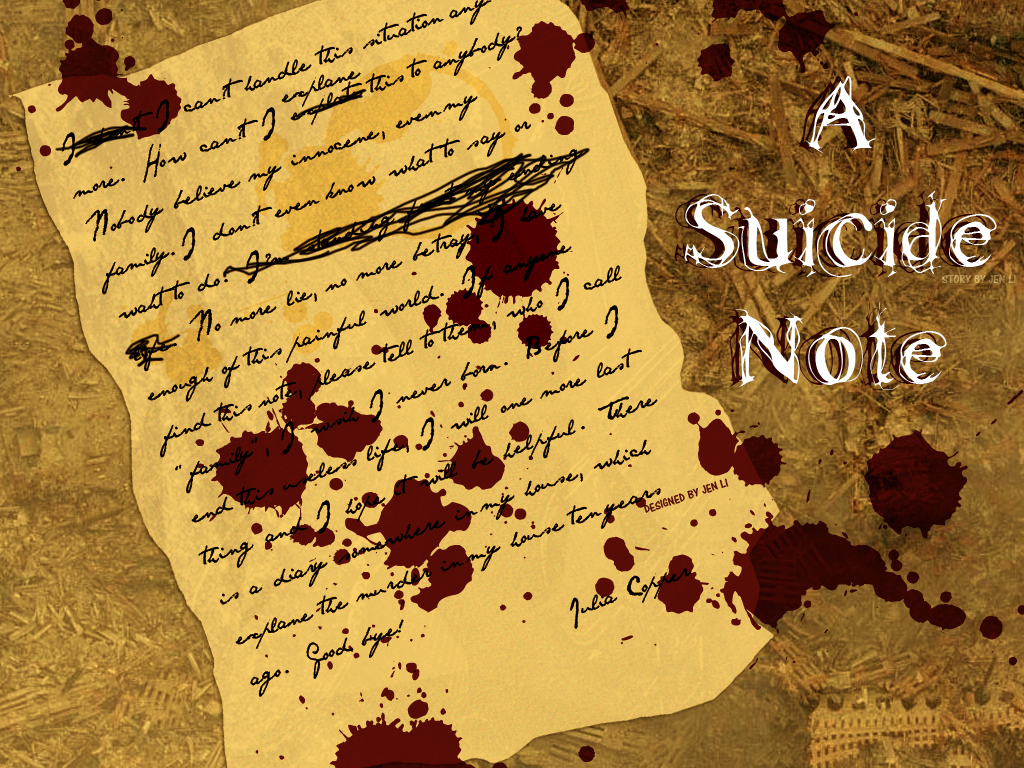The clues leading the women to conclude that Minnie Wright killed her husband are unbaked bread, half-cleaned towels, and messy stitching on the quilt. This showed that Minnie Wright was distracted by something in doing her daily lives activities. The quilt presents clearer evidence where Mrs. Hale found the other stitches was fine and tidy. Nevertheless, the most intrigued evidence found is the bird cage leading to the dead bird in a fancy box where the same way Mr. Wright was strangled, so did the dead bird too.
The men were too confident of themselves which they underestimate the ability of the women. In most of the crucial points in the play, the men overlook the evidence as trifles. However, the women initially already had a separated personality into discovering the farmhouse compared to the men. Where the men were in the kitchen, and the women were at the door fearful and curious. The men missed the actual reasons of why and how the murder occurred. They went to the bedroom to look for evidence. In other way round, the women analyzed each and every possible clues which could be the evidence for the murder such as the condition of the jars, the telephone, the apron, and the bird cage itself.
The men discover nothing but the dead body in the bedroom strangled. They concluded that nothing in the kitchen but only some kitchen things because the men overlook the evidence. They missed the clues where they thought Mrs. Wright was not skilled enough to take care a home. However, the women discovered all the clues which leading to the evidence and found a strong clue (dead bird) which can be the most significant evidence of the murder.









